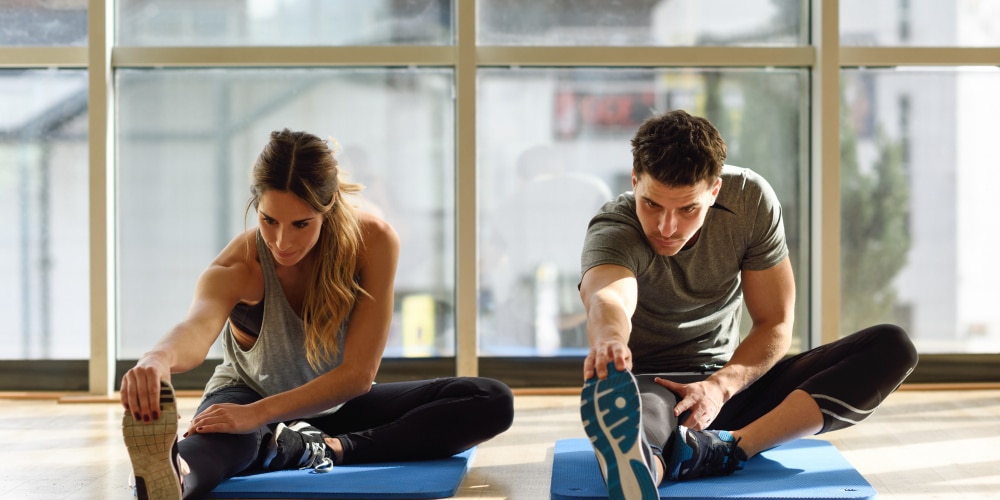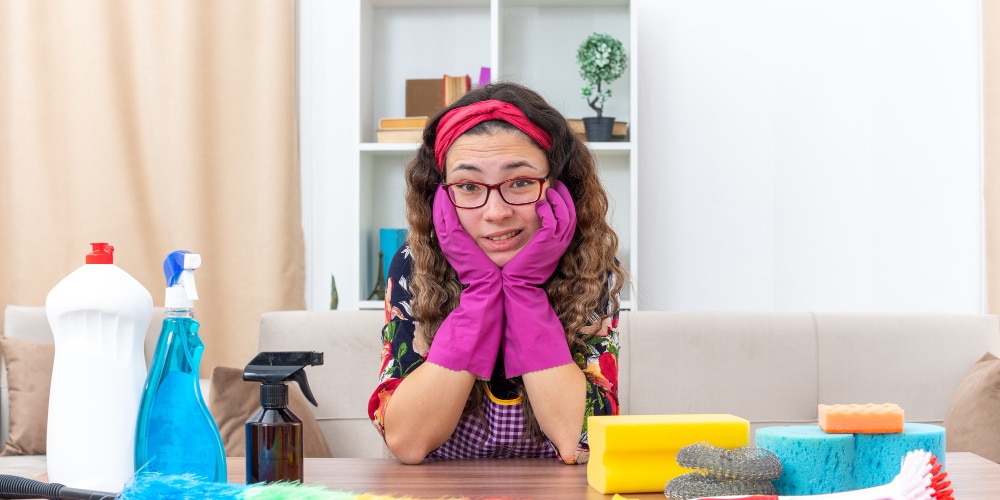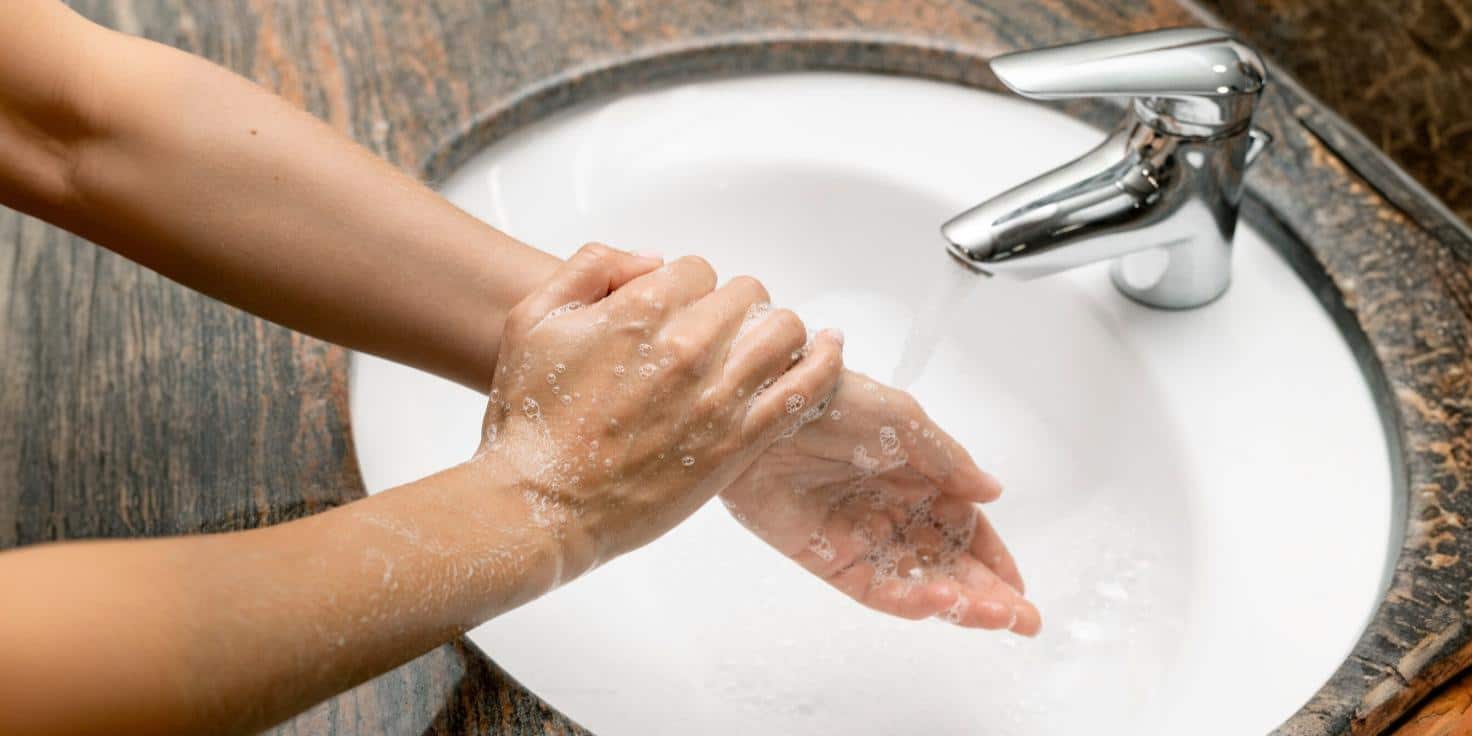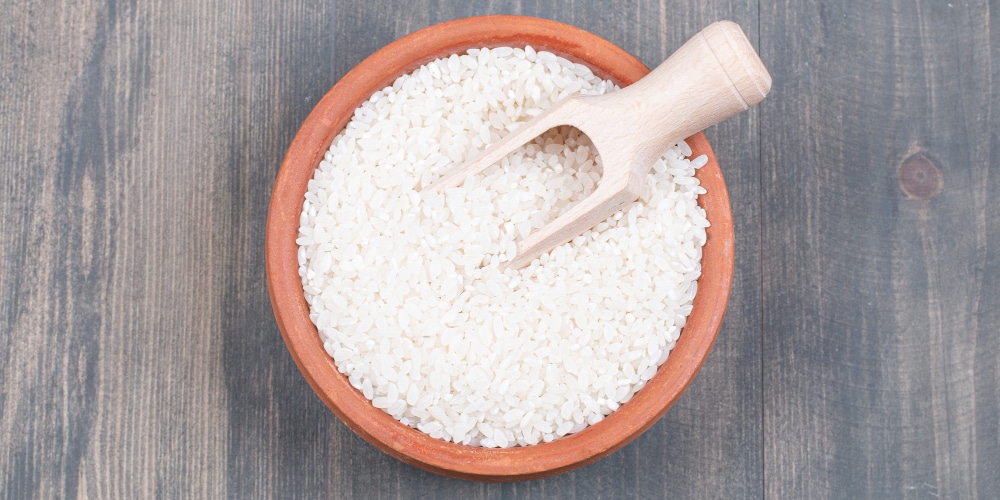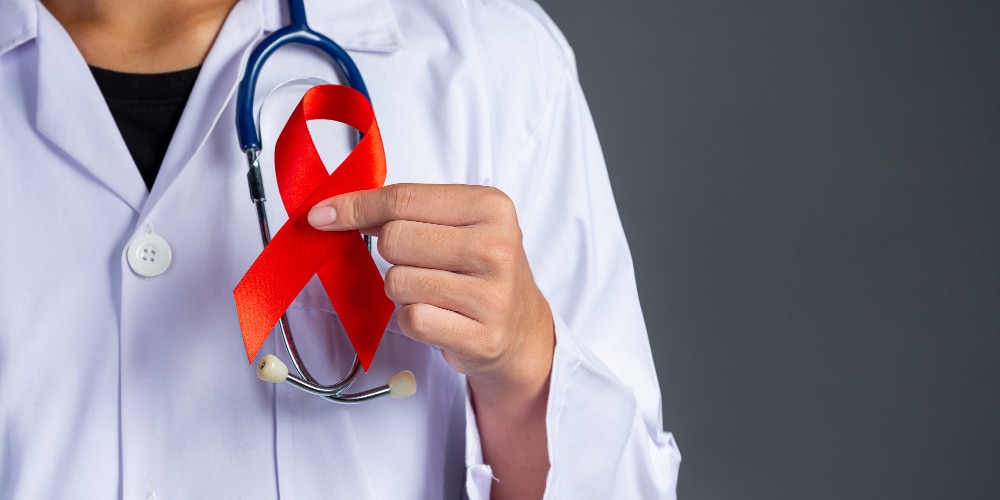FACT CHECK: Are diabetics safe from eye sight loss if they control their blood sugar levels?
The truth is more complex. While blood sugar control is crucial, it's not the only factor in developing diabetic retinopathy, a condition that damages the blood vessels in the retina.
Author
Author
- admin / 1 year

- 0
- 3 min read
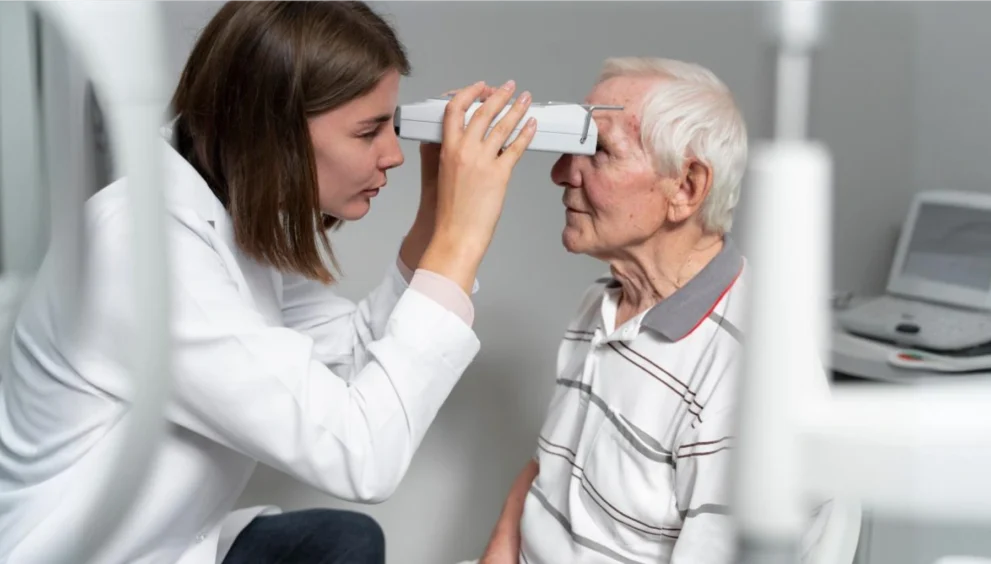
Author
CLAIM:
Diabetes does not affect one’s eyes, as long as your blood sugar levels are in control.
FACT:
Diabetic retinopathy, an eye condition that can lead to vision loss in diabetics, is primarily influenced by the duration of diabetes rather than immediate blood sugar control.
A common belief among diabetes patients is that well-controlled blood sugar levels guarantee protection against eye complications; but this is being challenged by leading medical experts who say this misconception could be putting millions at risk of vision loss.
Dr. Manisha Agarwal, Secretary of the Vitreo Retina Society of India (VRSI), warned that this claim is dangerously misleading. “It’s a very wrong notion that patients carry with them,” she stated. “They feel if they are keeping good control, nothing can go wrong with them.”
The truth, according to Dr. Agarwal, is more complex. While blood sugar control is crucial, it’s not the only factor in developing diabetic retinopathy, a condition that damages the blood vessels in the retina.
“We need to understand that diabetic retinopathy onset is related more to the duration of diabetes,” Dr. Agarwal explained. This means that even patients with well-controlled diabetes can develop eye complications over time.
Dr. Sanjay Agarwal, Secretary General of the Research Society for the Study of Diabetes in India (RSSDI), supported this view. He emphasized that many patients are unaware of the silent progression of diabetic retinopathy, especially in its early stages.
Both experts stressed the importance of early detection through regular eye examinations. “The day you are diagnosed with type 2 diabetes, please get your eyes checked,” urged Dr. Manisha Agarwal. This advice applies even to newly diagnosed patients, as they may have been unknowingly diabetic for years.
The misconception about blood sugar control and eye health has led some patients to neglect regular check-ups or rely solely on alternative treatments. Dr. Manisha Agarwal reported seeing patients with severe eye conditions who believed their controlled diabetes or alternative therapies were sufficient protection.
“We have patients coming in whose eyes are in very bad condition because they’ve gone overboard with alternatives,” she noted. Some patients switch to yoga or strict diets, abandoning medical supervision entirely, she said.
This false sense of security is particularly dangerous because diabetic retinopathy often progresses without noticeable symptoms in its early stages. By the time vision changes become apparent, the disease may have advanced significantly.
The doctors emphasized that while good blood sugar control is essential for overall diabetes management, it doesn’t eliminate the need for regular eye screenings. Duration of diabetes remains a key factor in the development of retinopathy, making regular monitoring crucial.
As diabetes rates continue to rise globally, addressing this misconception has become increasingly vital. Both Dr. Manisha Agarwal and Dr. Sanjay Agarwal advocated for a comprehensive approach to diabetes management that includes regular eye examinations, regardless of how well-controlled a patient’s blood sugar may be.
The message is clear: controlled blood sugar alone does not guarantee protection against diabetic eye complications. Regular eye check-ups, in conjunction with proper diabetes management, are essential for preserving vision and detecting any issues early when they’re most treatable.
Also read: FACT CHECK: Will a concoction of onions in Coca-Cola help manage diabetes? – First Check
(Do you have a health-related claim that you would like us to fact-check? Send it to us, and we will fact-check it for you! You can send it on WhatsApp at +91-9311223141, mail us at hello@firstcheck.in, or click here to submit it online)
